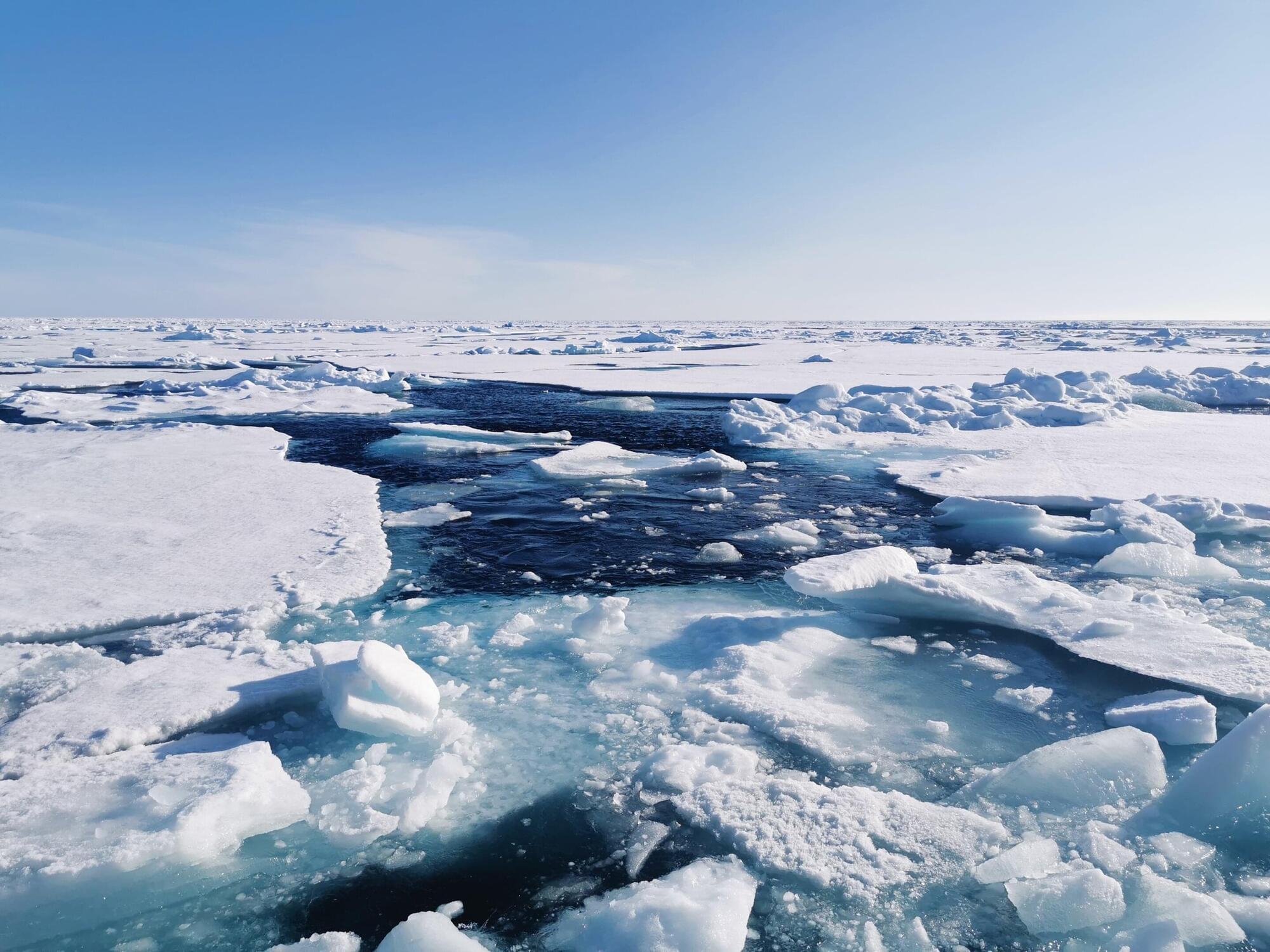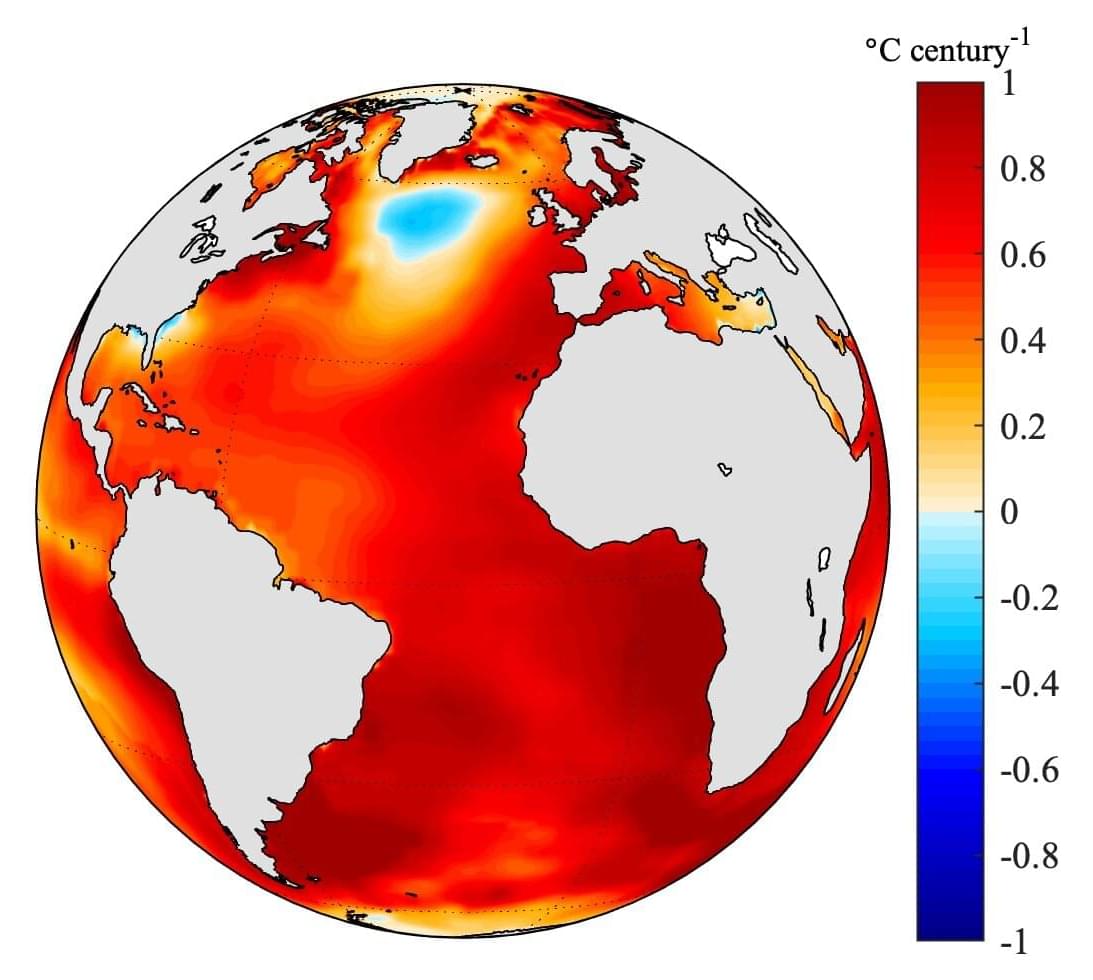As the push for sustainable transportation intensifies globally, a new study from the International Council on Clean Transportation (ICCT) reveals that battery-electric vehicles (BEVs) in Europe are becoming significantly cleaner at a pace faster than previously anticipated. This development comes as the continent’s electricity mix transitions toward more renewable sources, providing a profound climate advantage over traditional internal combustion engine (ICE) vehicles.
Key Findings of the Study
Released on Wednesday, the ICCT study highlights that BEVs sold in Europe today produce 73 percent fewer life-cycle greenhouse gas emissions compared to ICE vehicles. This figure marks a noteworthy 24-percent improvement from the organization’s prior estimates in 2021, emphasizing the rapid progress of BEVs as Europe enhances its renewable energy initiatives.








